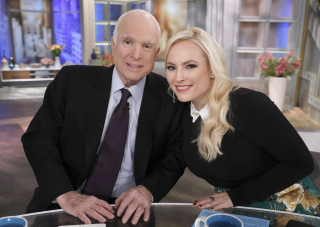As people age, it becomes even more important to plan ahead for unexpected illnesses and disabilities. While creating an estate plan may seem like enough, a life care plan can help to ease the stress that comes with taking care of an elderly loved one. This is critical because it defines and organizes all aspects of a senior’s care. By establishing a Houston life care plan, a family can be prepared for any future care needs that may arise and feel confident in their decision.
What is a Life Care Plan?
A life care plan is a holistic look at your specific planning options, choices, and decisions. Besides including an estate plan, the life care plan will address the legal, financial, housing, and long-term care issues caused by the loved one’s chronic illness, disability, or even just their aging. Unlike traditional estate planning which focuses on preserving an elderly loved one’s hard-earned money for future generations, life care planning focuses on maximizing their quality of life and independence. Because there are a lot of unexpected situations that arise when a loved one continues to age, developing a life care plan allows families to be prepared for any situation that might arise. Overall, the goal of life care planning is to promote and maintain the health, safety, and well-being of the elder and their family.
 Houston Estate Planning and Elder Law Attorney Blog
Houston Estate Planning and Elder Law Attorney Blog











